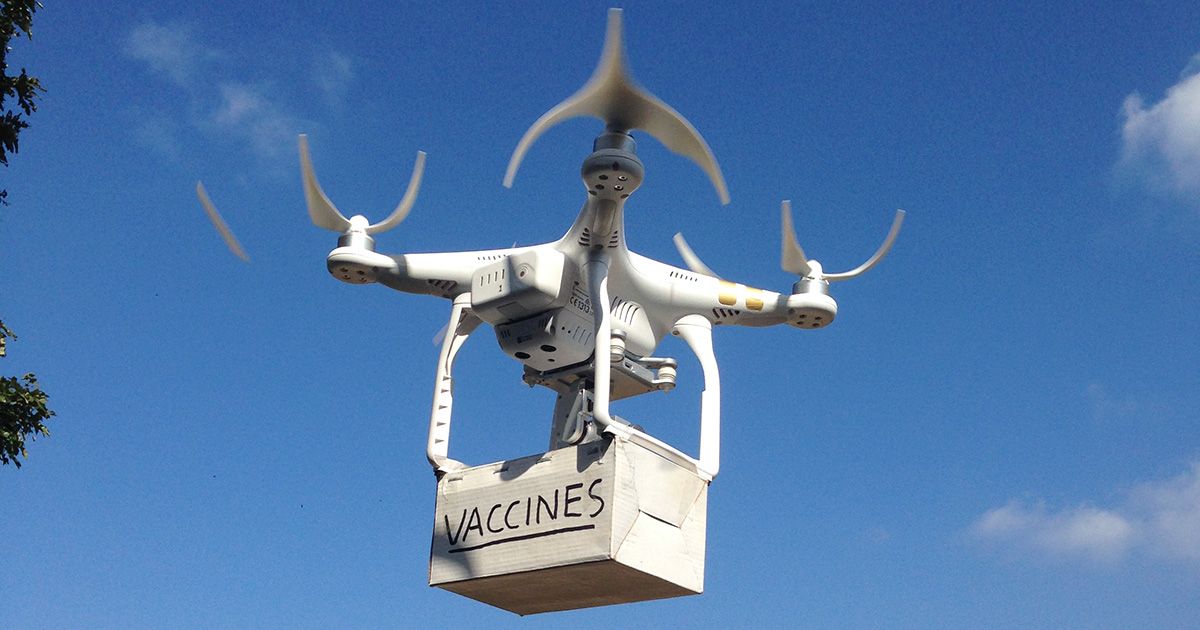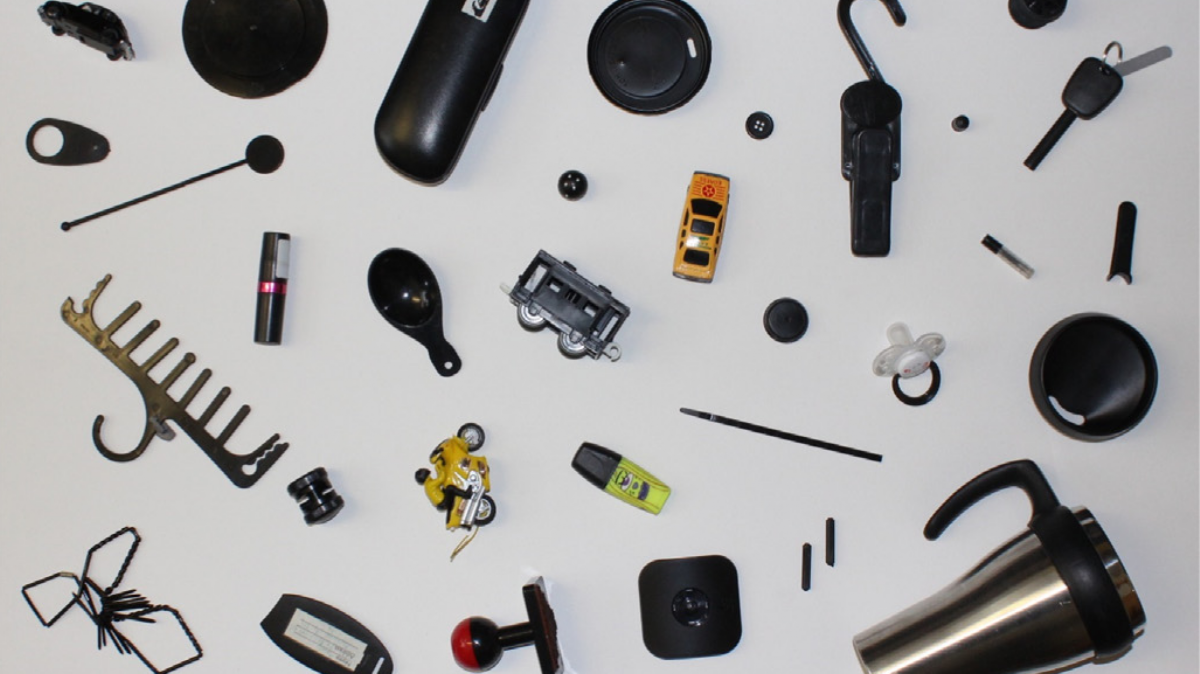
Newly Found Enzymes Can Help Turn Type A and B Blood into Universal Type O
Table of Contents

A team of researchers headed by University of British Columbia scientist Stephen Withers reports on enzymes — from the human gut — that remove A or B antigens from red blood cells 30 times more efficiently than previously reported enzymes. To assess potential enzyme candidates more quickly, Dr. Withers and colleagues used a technique called metagenomics. The team considered sampling DNA from mosquitoes and leeches, the types of organisms that degrade blood, but ultimately found successful candidate enzymes in the human gut microbiome.
Glycosylated proteins called mucins line the gut wall, providing sugars that serve as attachment points for gut bacteria while also feeding them as they assist in digestion. Some of the mucin sugars are similar in structure to the antigens on A- and B-type blood. The scientists homed in on the enzymes the bacteria use to pluck the sugars off mucin and found a new family of enzymes that are 30 times more effective at removing red blood cell antigens than previously reported candidates.
The researchers presented their results today at the 256th National Meeting & Exposition of the American Chemical Society in Boston, Massachusetts.
Source: sci-news.com


